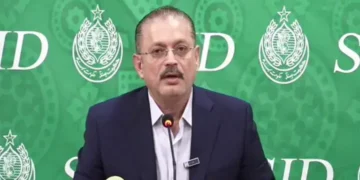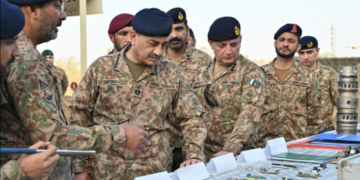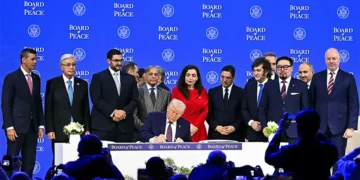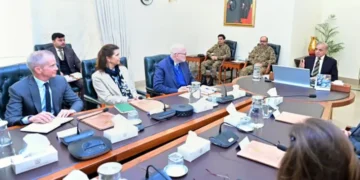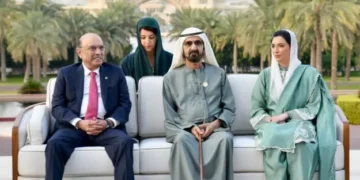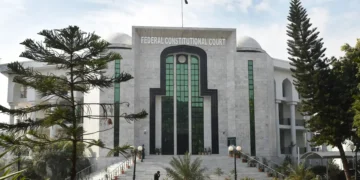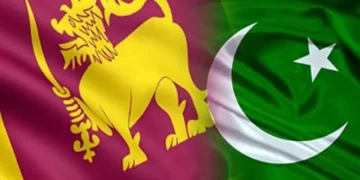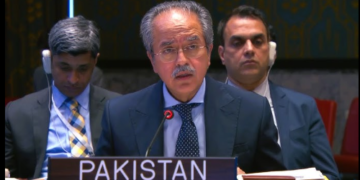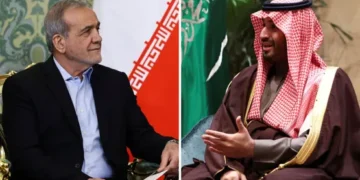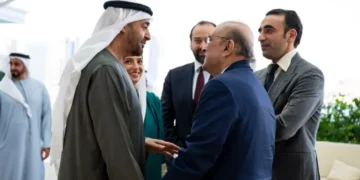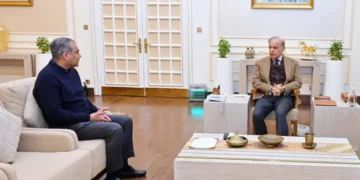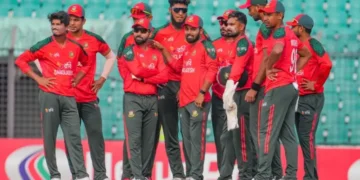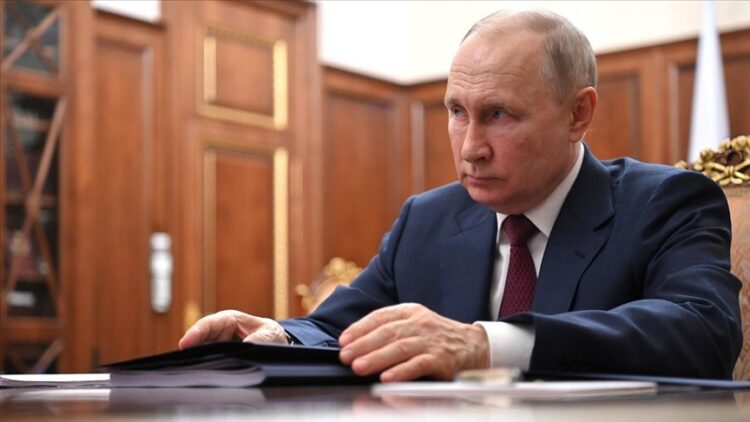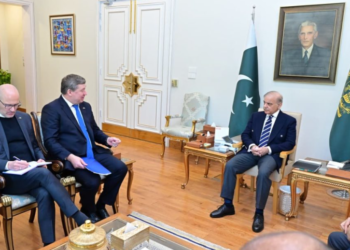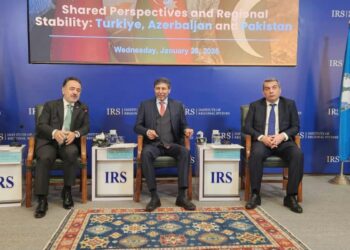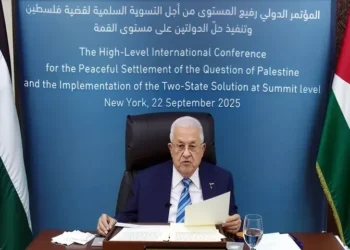Web Desk (MNN); The Russian Ministry of Foreign Affairs has expressed serious reservations over the UN Security Council’s recently adopted resolution based on US President Donald Trump’s plan to end the conflict in Gaza. The resolution was passed on November 17 with 13 votes in favour, while Russia and China abstained.
The US-drafted document proposes the creation of a Board of Peace, led by Donald Trump and joined by what he describes as influential global leaders, to administer Gaza. The Board would be empowered to deploy International Stabilisation Forces in coordination with Israel and Egypt.
These forces would focus on enforcing security, demilitarising Gaza, and disarming Hamas and other militant groups.
However, the resolution does not provide any governing role or decision-making authority to the Palestinian National Authority, nor does it outline commitments for Israel as the occupying power, such as halting annexation efforts or withdrawing its troops.
Russia criticised the move for sidelining both the UN Security Council and the UN Secretariat in terms of oversight, accountability, and deployment arrangements for the proposed international forces.
Moscow also highlighted the rushed nature of the process, saying the draft was advanced without proper consultation and under pressure linked to threats of renewed violence in Gaza.
A Russian counter-proposal aimed at restoring consensus and reaffirming the legal basis for a two-state solution was circulated but ultimately did not affect the outcome.
According to Moscow, the adopted Resolution 2803 fails to give the Security Council the authority needed to ensure peace and security.
Russia maintains that the decision undermines internationally recognised principles supporting the establishment of an independent Palestinian state within 1967 borders, with East Jerusalem as its capital.
Russia said its decision to abstain was influenced by the views of the Palestinian National Authority, as well as the positions of Arab and Muslim countries that backed the US proposal, in an effort to prevent further violence in Gaza.
The ministry also reminded that Washington had previously used its veto six times in two years to block ceasefire demands, prolonging the war and civilian suffering.
Moscow warned that the new resolution should not be used to justify political experiments in Gaza or undermine Palestinian rights to statehood and secure coexistence with Israel.



